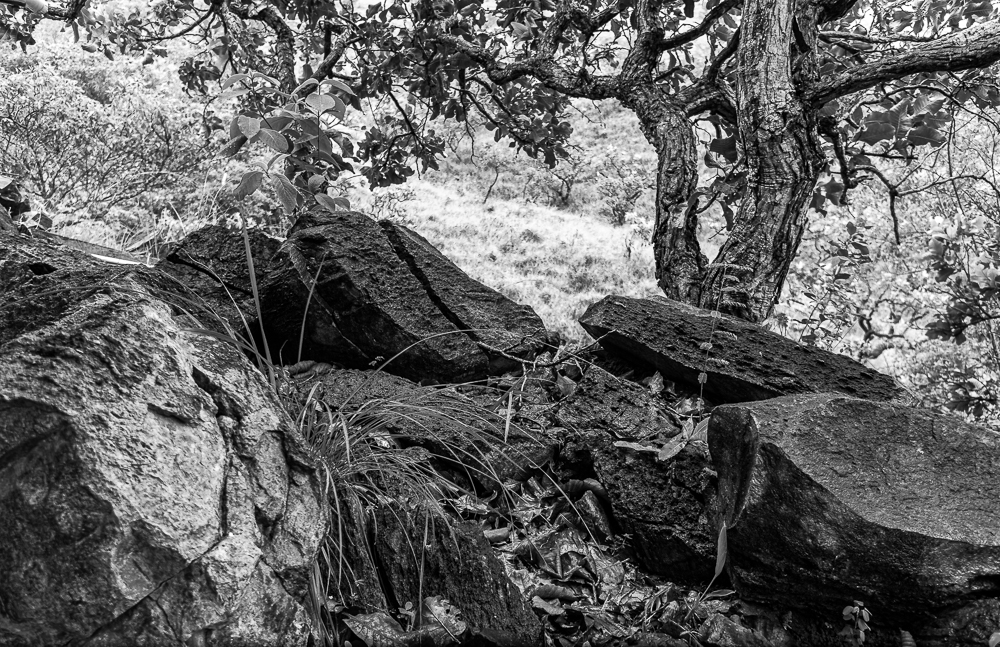Triggered by the decision of the International Commission of Jurists (ICJ) on December 18, 2020, upholding the Court’s jurisdiction to determine the validity of the 1899 Arbitral Award establishing and defining the border between Venezuela and British Guiana, Venezuela has predictably escalated its threat to Guyana’s sovereignty. The Secretary General of the United Nations, under the discretion granted to him by the Geneva Agreement of 1966 between Venezuela, British Guiana and Great Britain, had referred the issue to the ICJ for determination in January 2018, after decades of bilateral and UN sponsored discussions had failed to resolve the issue.
Continue reading “VENEZUELA ESCALATES THREAT TO GUYANA”VICTIMOLOGY AND ITS NARRATIVES
In a letter to SN of January 13 Dr. Kwesi Sansculotte-Greenidge pointed out the necessity and possibility of a political solution to Guyana’s ethno-political problems through constitutional restructuring. The proposals, which would find many supporters, flounders on the narratives of victimology by Guyana’s two major ethnic groups which fuel a relentless drive to seek dominance. It is this, not satanic evil, that is evidenced in the nature of organized political activity in Guyana and is responsible for Guyana’s ethno-political dilemmas.
Continue reading “VICTIMOLOGY AND ITS NARRATIVES”THE STORMING OF THE US CAPITOL
It is difficult to avoid the shocking events of Wednesday last in the United States of America. But whatever the politics of those of us who are not US citizens, however limited our understanding of US history and politics, and whatever criticisms we may have of American domestic and foreign policies, it is a matter of vital importance for the world that American democracy, the world’s oldest, remains strong. American policy has not always benefitted all Americans or the countries which it has sought to influence, by peaceful or violent means. But, as in Guyana over the past twenty-five years, it was the existence of American democracy that enabled democracy in Guyana, the subversion of which the US initially influenced in the past, to be restored in 1992 and to be sustained in 2020. The survival of democracy in the US is vital for its survival in Guyana. And its survival in Guyana is a pre-requisite for the eventual success of attaining inclusivity in governance.
Continue reading “THE STORMING OF THE US CAPITOL”LEAVING BEHIND – THE YEAR OF THE HALF PERSON
By this time, the year of the half person would have passed. It took three courts to finally resolve this jurisprudential conundrum. The argument advanced to overturn the no confidence vote of 33/32 against the Government on 21 December, 2018, was that while mathematically, half of 65 members of the National Assembly is 32½, the existence of such a number of persons is an impossibility. So is adding a half person to 32½ to make 33. To arrive at the half of 65 persons, 32½ persons have to be rounded up to 33 persons and 1 whole person added. Hence, the majority of 65 is 34 and not 33. Justice Wit of the CCJ resolved the conundrum with a compelling argument – you know it when you see it, 33 is the majority of 65.
Continue reading “LEAVING BEHIND – THE YEAR OF THE HALF PERSON”VICTORY AT THE WORLD COURT
The International Commission of Jurists (World Court) ruled on Friday last that it has jurisdiction to entertain Guyana’s application with regard to the dispute concerning “the legal validity and binding effect of the award regarding the boundary between the colony of British Guiana and the United States of Venezuela, of 3 October 1899.” This great preliminary success on the issue of jurisdiction was achieved after a monumental degree of work over a long period of time by a large number of Foreign Ministry officials, consultants, experts, advisers and lawyers. Since 1966 many have labored on this matter.
Continue reading “VICTORY AT THE WORLD COURT”





